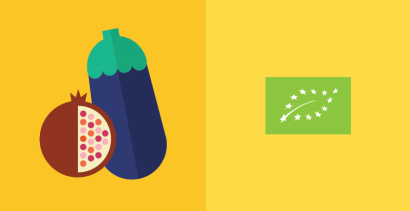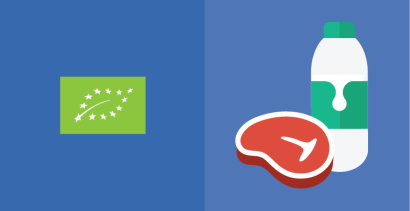The Future of Organic Food Production in the EU
Last Updated : 24 January 2019In the last decade, land area under organic cultivation in the European Union has doubled, while the market has increased four times.1 Farmers, scientists, and policy-makers as well as consumers are interested in improving organic production systems to make them less complex, fairer to small farmers, and more uniform. As a result, the European Council has developed new, simpler rules for organic production that will be applicable from July 2020.2 The new legislation addresses important areas, including:
Support for small farmers
The new rules specifically consider small farms and producers who wish to switch to organic production but are facing high costs and complex rules. The new guidelines are easier to understand and more harmonised, allowing farmers to sell products across Member States. The Council has also introduced a system of group certification that will allow groups of farmers or cooperatives to apply for organic certification collectively, and share inspection, certification and administrative costs.
Increasing consumer confidence
The new regulation makes the roles and responsibilities of the controlling bodies clearer and more transparent. Retailers will be monitored for compliance using a risk-based approach, which will reduce the administrative burden for operators, particularly, for small- and medium-sized enterprises.
Improved import regulations
Currently, countries that export organic produce to the EU must follow similar rules for organic production. The new regulation makes it compulsory to follow EU rules exactly. This will ensure that EU farmers have fair and equal access to the market. As a part of this process, trade agreements with third countries will be redefined, supporting EU organic farmers in finding new opportunities abroad.
Inclusion of more products
The current legislation covers production rules for many food and agricultural products, but the expanding market demands new goods In response, the new legislation includes rules for products not included under the current legislation such as salt, maté, vine leaves, and palm hearts as well as some non-food products like cork and beeswax. Additional production rules for rearing deer, rabbits and poultry will also be introduced.
Phasing out exceptions
At present, several exceptions to the rules on organic production are allowed. Policy-makers believe the EU organic production system can now function without these because of the rapid development of the organic sector over the past decade. For instance, the use of conventional seeds and animals is allowed where organic alternatives are not available, but this will be phased out by 2035.



